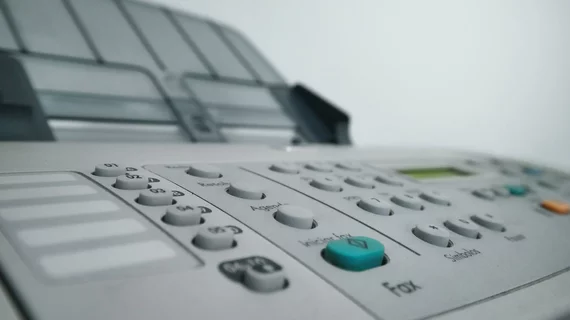AI-aided ‘fax first responders’ make old technology new again for COVID era
A few months into the COVID crisis, the health department of California’s Contra Costa County faced an unexpected side challenge: Staff were getting inundated by faxes bearing vital health data.
To be sure, about half the forms arrived digitally. But in the pandemic, even half meant someone needed to speed-read hundreds of faxes a day.
The department turned to researchers at nearby Stanford University. Together the two created an AI system they called COVID Fast Fax and took it live just before the long Thanksgiving weekend.
The developers initially hoped they could get the algorithm to transcribe full faxes but found that process overly complicated and settled for flagging urgent faxes for immediate attention.
When the Contra Costa team went back to work the following Monday, the innovation performed like a pro: The team still had too many faxes but now at least members knew where to dig in first.
Wired has the full story in an article posted Dec. 22.
“Like much else about U.S. pandemic response, the project highlights the creakiness of the country’s health system,” writes reporter Tim Simonite. “It’s also another example of creative minds patching it up with hasty innovation. … In 2020, such projects can be lifesavers.”
Simonite reports that the county’s Stanford collaborators have released their code and methodology so others can tap the AI for modernizing, in a certain sense, a dated if not downright old technology.
Project collaborator Amit Kaushal, MD, PhD, says he and his Stanford colleagues “are pleased with their pandemic creation, even though it’s more hacky than the usual Stanford AI project,” Simonite writes.
“If we were not in a pandemic,” Kaushal says, “no one in their right mind would say let’s figure out some artificial intelligence to extract information from faxes.”

